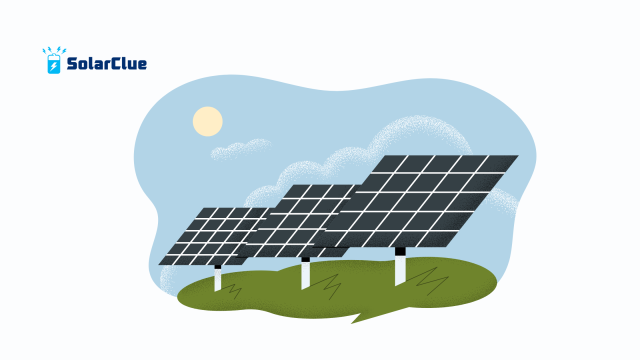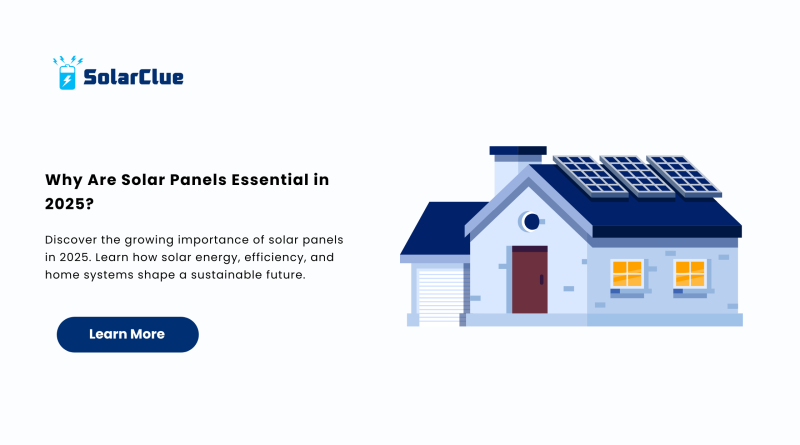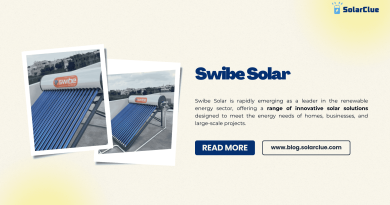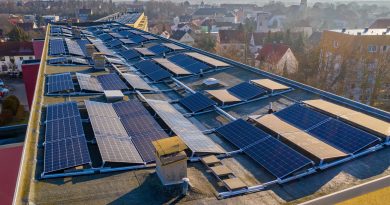Why Are Solar Panels Essential in 2025?
Why Are Solar Panels Essential in 2025? As we step into a future shaped by climate action and clean technology, understanding the solar panel importance in 2025 becomes more crucial than ever. With growing concerns over rising electricity bills, fossil fuel depletion, and global warming, many homeowners and businesses are making the shift to solar energy. But what makes 2025 a pivotal year for this transition?
Table of Contents
- 1 The Rising Demand for Clean and Renewable Energy
- 2 Technological Advancements in Solar Panel Efficiency
- 3 Lower Costs and Higher Incentives
- 4 Solar Panel for Home: Energy Independence and Savings
- 5 Environmental Impact of Solar Energy
- 6 Integration with Smart Home Technologies
- 7 Solar Panel Importance for Businesses
- 8 Addressing Common Myths about Solar Panels
- 9 Future Outlook: A Solar-Powered World
- 10 Conclusion: The Time to Go Solar is Now
- 11 FAQs
The Rising Demand for Clean and Renewable Energy
Global energy demands continue to rise, and so does the urgency to find sustainable alternatives. Solar power has proven itself to be one of the most accessible and cost-effective forms of clean energy.
In 2025, more countries are implementing strict carbon reduction targets. The push for solar panel adoption is not just a trend—it’s a necessity. With advancements in solar panel efficiency, homeowners can now generate more electricity using fewer panels, making the return on investment more attractive.
Technological Advancements in Solar Panel Efficiency
Solar panel efficiency has significantly improved over the last decade. In 2025, some of the best solar panels in the market offer up to 23-25% efficiency. This means they convert a higher percentage of sunlight into usable electricity.
Better efficiency translates to:
- Lower installation costs due to fewer panels required
- Better performance in low-light conditions
- Reduced space usage, ideal for urban homes
These innovations make it easier for households to depend entirely on solar power systems for their energy needs.
Lower Costs and Higher Incentives
Government subsidies, tax benefits, and falling costs of solar technologies have made solar panels more affordable than ever before. In India, the government offers schemes for solar panel for home installations, providing financial assistance to encourage green energy adoption.
Thanks to mass production and growing competition in the market, the best solar panels are now within reach of the average homeowner. These financial advantages significantly drive the solar panel importance in 2025.
Solar Panel for Home: Energy Independence and Savings

Homeowners are increasingly looking to gain independence from the grid. With rising utility costs, having a solar panel for home means more control over energy expenses.
Benefits include:
- Drastically reduced electricity bills
- Backup power during outages
- Long-term return on investment
By investing in a solar power system, you’re not just saving money—you’re also contributing to a greener planet.
Environmental Impact of Solar Energy
Another vital factor that highlights solar panel importance is its environmental impact. Unlike fossil fuels, solar energy is clean, renewable, and sustainable. Each installation contributes to:
- Reduced greenhouse gas emissions
- Improved air and water quality
- Slowed climate change progression
Using solar panels is one of the simplest and most effective ways to lower your carbon footprint.
Integration with Smart Home Technologies
In 2025, the synergy between solar power and smart home technologies is stronger than ever. Homeowners can monitor energy production, usage, and storage through mobile apps, enhancing energy management.
Modern solar power systems come with battery storage, allowing excess energy to be stored and used later. This leads to:
- Better energy control
- Reduced reliance on the grid
- Enhanced savings
Solar Panel Importance for Businesses
It’s not just homes—businesses also realize the long-term benefits of switching to solar energy. From reduced overhead costs to improved brand image, the advantages are plenty.
Companies installing solar panels gain tax benefits, better ESG ratings, and customer trust. In 2025, many corporations have committed to 100% renewable energy operations, increasing the demand for commercial solar power systems.
Addressing Common Myths about Solar Panels
Despite growing awareness, some myths still surround solar panel importance. Let’s address a few:
- Myth: Solar panels don’t work in cloudy weather – Truth: They do, though at slightly reduced efficiency.
- Myth: Maintenance is difficult – Truth: Best solar panels are low-maintenance, requiring only occasional cleaning.
- Myth: Solar panels are too expensive – Truth: With falling costs and incentives, they’re now more affordable than ever.
Future Outlook: A Solar-Powered World
Experts predict that by 2030, solar will be the leading source of new electricity generation worldwide. In 2025, we are witnessing the tipping point.
This is driven by:
- Global policies on climate change
- Urban planning focused on sustainability
- Public demand for clean energy solutions
Investing in solar panels today means being part of a brighter, cleaner tomorrow.
Conclusion: The Time to Go Solar is Now
In 2025, the question is no longer “Why solar?”—but rather “Why not?”. With rising energy costs, climate urgency, and technological advancements, the solar panel importance cannot be overstated.
Whether you’re a homeowner, a business, or someone simply concerned about the future, solar is the solution.
Explore more about solar solutions at solarclue.com or get expert insights from our blog at blog.solarclue.com.
Switch to solar today, and let your rooftop be the change our planet needs.
FAQs
1. Are solar panels really effective in all weather conditions?
Yes, solar panels function in all weather, including cloudy or rainy days, though their efficiency may vary.
2. What is the lifespan of a solar panel system?
Most solar power systems last between 25-30 years with minimal maintenance.
3. Can solar panels work during power outages?
If paired with battery storage, solar panels can provide power during outages.
4. How much can I save by switching to solar?
Savings depend on your energy usage and system size, but many homeowners cut their electricity bills by 70% or more.
5. Is solar energy really eco-friendly?
Absolutely. Solar energy produces no emissions and significantly reduces your carbon footprint.
To get started on your solar journey, visit us now at solarclue.com – your future in energy savings starts today!




